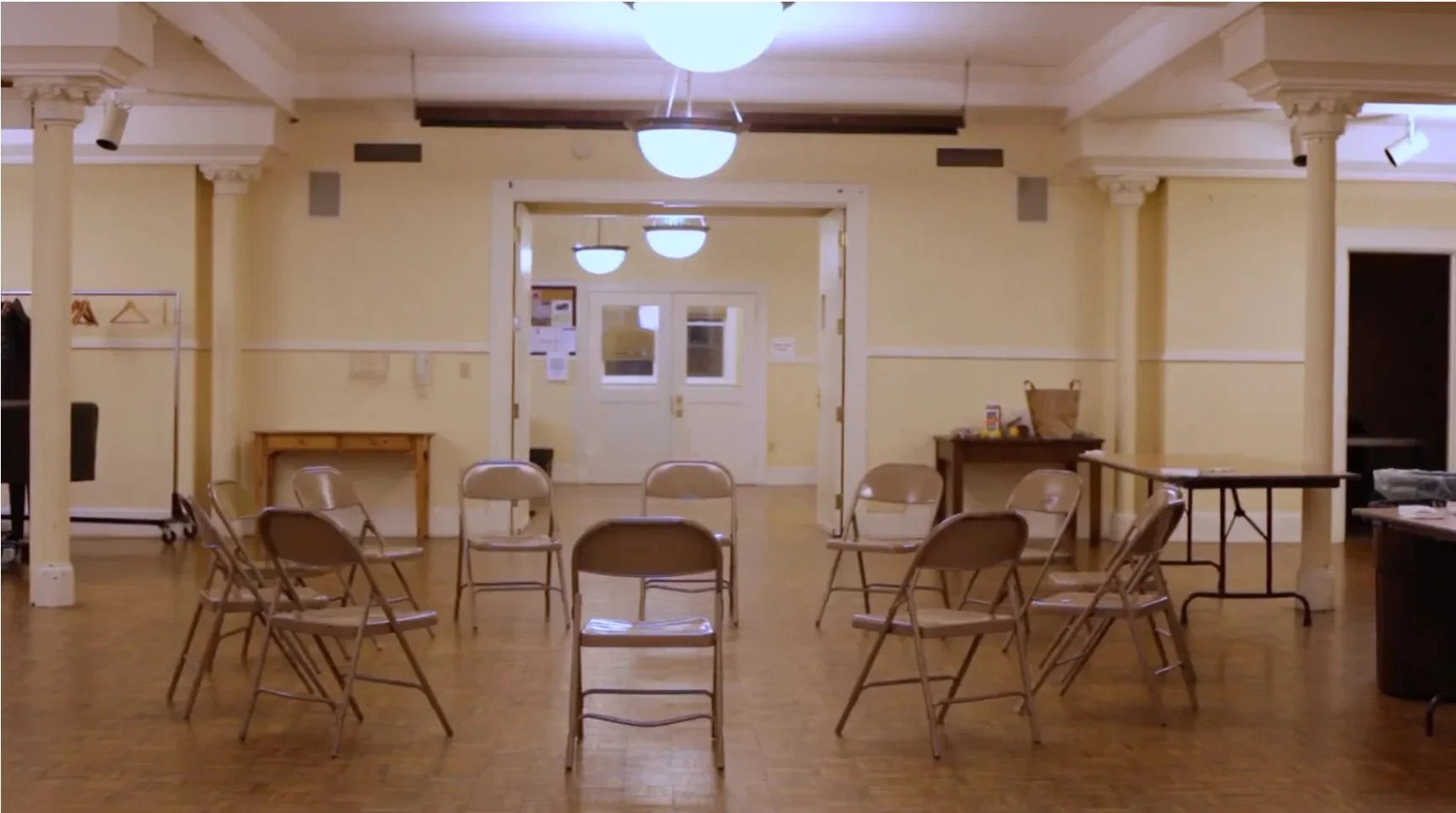We must demonopolize addiction recovery
Though I am not part of the fellowship, I want to begin with some praise for Alcoholics Anonymous and the Twelve Step ecosystem. Up until about 90 years ago, if someone was struggling with addiction and sought support, their prospects were grim. What AA has accomplished since 1935 is nothing short of astonishing. Now in nearly every city and every corner of the planet, there is a consistent, effective, completely free resource for those suffering from addiction. It has saved countless lives and I hope it continues to flourish for those it resonates with.
I begin this way because in my experience, people start to get very uneasy when alternatives to AA are mentioned. The underlying fear seems to be that by considering other routes than Alcoholics Anonymous, we run the risk of jeopardizing someone’s recovery. It’s not my wish or intention to challenge anybody’s recovery. I wholeheartedly feel that every person needs to find the path that works for them. If a specific path does not work for a specific person, it is no mark of the path’s merit nor of the person’s commitment. But here’s the problem: there aren’t that many paths available.
This is one of the first essays I’m writing for Super Lotus because it’s an issue that’s close to my heart, and I’d like to share why so that you don’t get the impression I’m simply being contrarian or trying to be an interesting rebel.
When I was in my very early twenties and my drinking was getting to a point where the people around me were becoming concerned, I was only ever offered two options. I could continue to drink and it would worsen indefinitely until it killed me or I was institutionalized, or I could join an underground club and adhere to a very specific code and very specific ideologies—whether or not I found them to be true—and talk about them with other adherents for the rest of my life. I was so turned off by the latter that I continued to drink.
I was creepily condescended: “You just aren’t ready yet. You’ll come around to the program when you are.”
At one point, in a community living situation, I was on my way to the bathroom from my bedroom when I was stopped in the hallway by someone nearly shouting, “EVERYONE KNOWS YOU HAVE A PROBLEM. YOU CANNOT HIDE IT. GO TO AA. IT’S THE ONLY THING THAT WORKS.”
In another conversation, with a trusted mentor, I shared some of my very valid hesitations toward AA. She cut me off with, “But it works, Chase.”
For a long time I was critical of AA, and lately I can see that these criticisms were expressions of an underlying resentment from only having been offered those two options. Now that I have access to and I am engaged in other recovery routes, I look back at that younger Chase and feel compassion for his hopelessness. I can’t help but feel that had I been offered the resources I have now, I would have pursued recovery much earlier in my life. How many countless relationships would have been saved? How many trips to the hospital would I have been spared? How many harms would I have not committed? How many opportunities would not have been lost?
It is not simply that I was arrogant (though I was), or that I “wasn’t ready yet” (though I wasn’t), or that I had my head up my ass (though I did). There just hadn’t been a set of tools presented that made sense to me. It never works to force someone into a framework that doesn’t make sense to them. This is why the reality of court-ordered AA meetings always baffles me.

